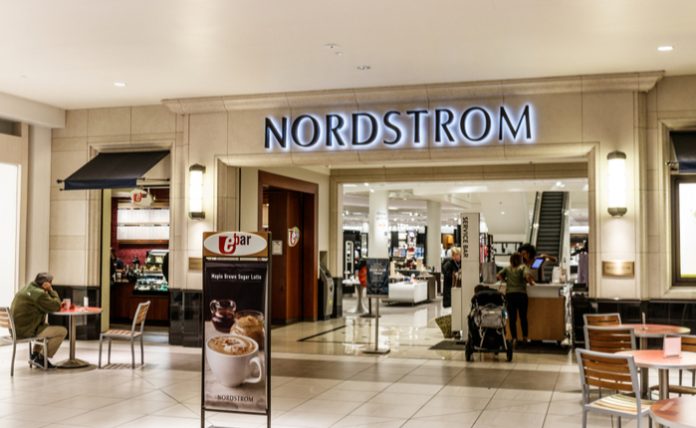With the earnings season largely wrapping up at this point, investors are now switching their attention elsewhere, such as the upcoming Fed meeting scheduled to take place on Thursday. However, one stock that made news on Wednesday was Nordstrom (NYSE: JWN). The retailer reported its second-quarter results, which were decent but not as bullish as some might have hoped. Not only was Nordstrom’s management disappointed with the results, but so was Wall Street, with one notable analyst having downgraded the stock on this news.
Nordstrom’s Q2 revenue came in at $3.7 billion, $330 million higher than what Wall Street was expecting. What’s more, revenues are still up a substantial 96.8% compared to last year. It’s a similar story with earnings-per-share, which had hit $0.49, 21 cents higher than the consensus target of most analysts. Net income came in at $80 million, much higher than the $255 million net loss of Q2 2020.
Although that might seem pretty good on the surface, it wasn’t as high as many were expecting. Nordstrom CEO Erik Nordstrom said on Wednesday that he was far from satisfied with the rate that the company was growing. It’s been a similar situation with most major retail chains, although sporting goods companies have had a surprisingly excellent second quarter.
“Our second-quarter results demonstrate the strength of our two brands, the power of our’ closer to you’ strategy and the success of our iconic Anniversary Sale,” CEO Erik Nordstrom said in the earnings release. He added later in an interview that “the global supply chain environment is really challenged right now and has been for a while and we don’t see really many signs that it’s going to end any time soon.”
Analysts over at JP Morgan weren’t satisfied with Nordstrom’s growth rate either. The company warned that Nordstrom’s situation is arguably as good as things are ever going to get, given the rate of personal savings among Americans as well as the rising amounts of personal debt. The bank downgraded Nordstrom from a neutral rating to a bearish “underweight” designation over these concerns, with traders quickly jumping to trade the news.
Shares of Nordstrom were down around 17.6% in response to the news. Retail sales have been steadily surging over the past quarter as the economy returned back to normal. Although fears about a possible Delta outbreak have kept some investors worried, the news surrounding the Pfizer (NYSE: PFE) vaccine that received FDA approval has assuaged the markets a bit. However, other economic concerns, such as inflation, are still looming in the background, likely to emerge in the coming days and weeks once again as the news cycle shifts.
Nordstrom Company Profile
Nordstrom is a fashion retailer that operates approximately 100 department stores in the U.S. and Canada and approximately 250 off-price Nordstrom Rack stores. The company also operates both full- and off-price e-commerce sites. Nordstrom’s largest merchandise categories are women’s apparel (29% of 2020 sales), shoes (26% of 2020 sales), and women’s accessories (14% of 2020 sales). Nordstrom, which traces its history to a shoe store opened in Seattle in 1901, continues to be partially owned and managed by members of the Nordstrom family. – Warrior Trading News










